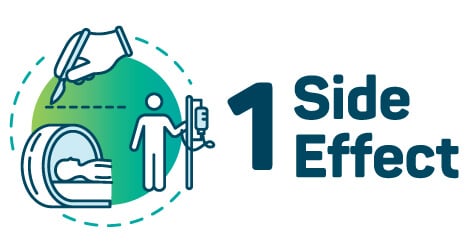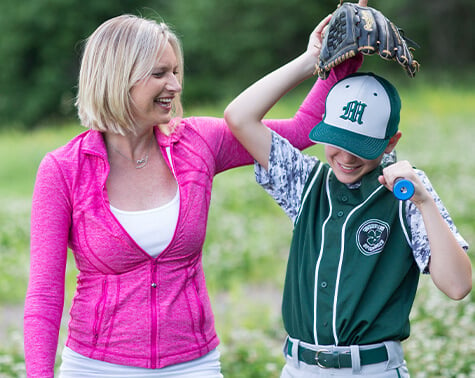
Working with your ReVital therapist
ReVital bears the distinction of being the first nationwide cancer rehabilitation program of its kind.
Our therapists receive extensive training in oncology rehabilitation. ReVital therapists choose to specialize in cancer rehabilitation because they want to help people not just survive cancer but help them thrive.
Thriving means returning to what's important in daily life: playing with grandchildren, gardening, continuing to work or living independently.
Our therapists are experts in physical, occupational and speech therapy.








